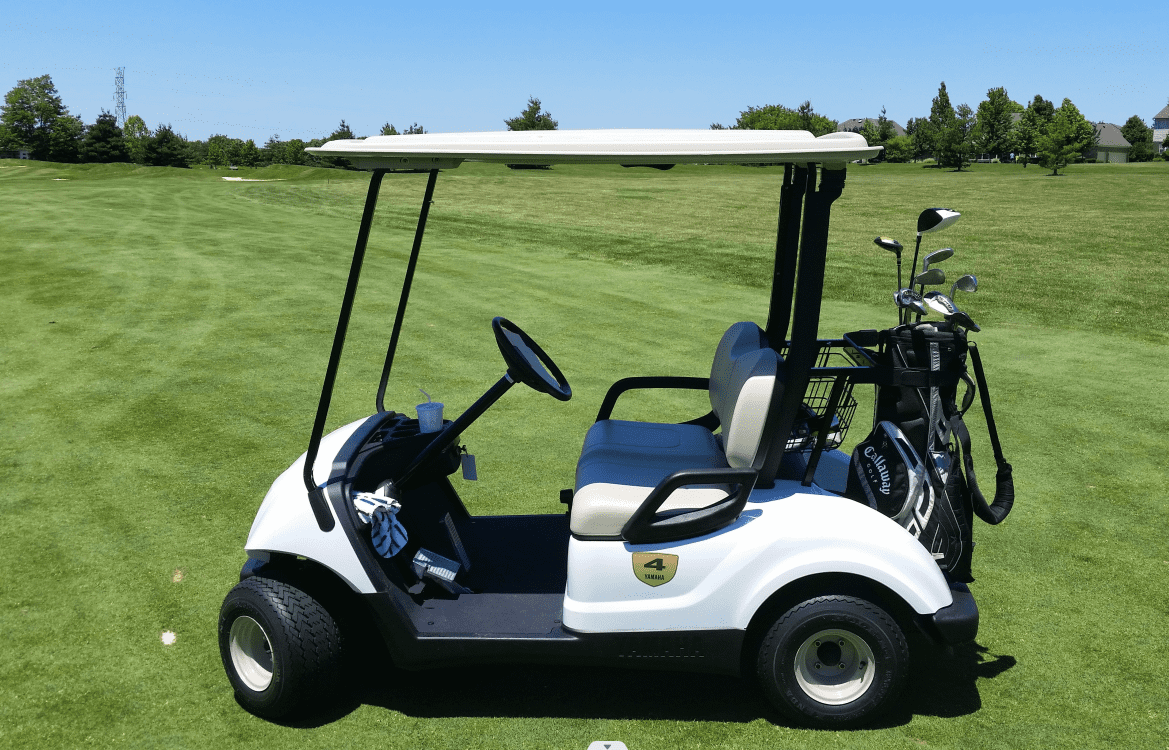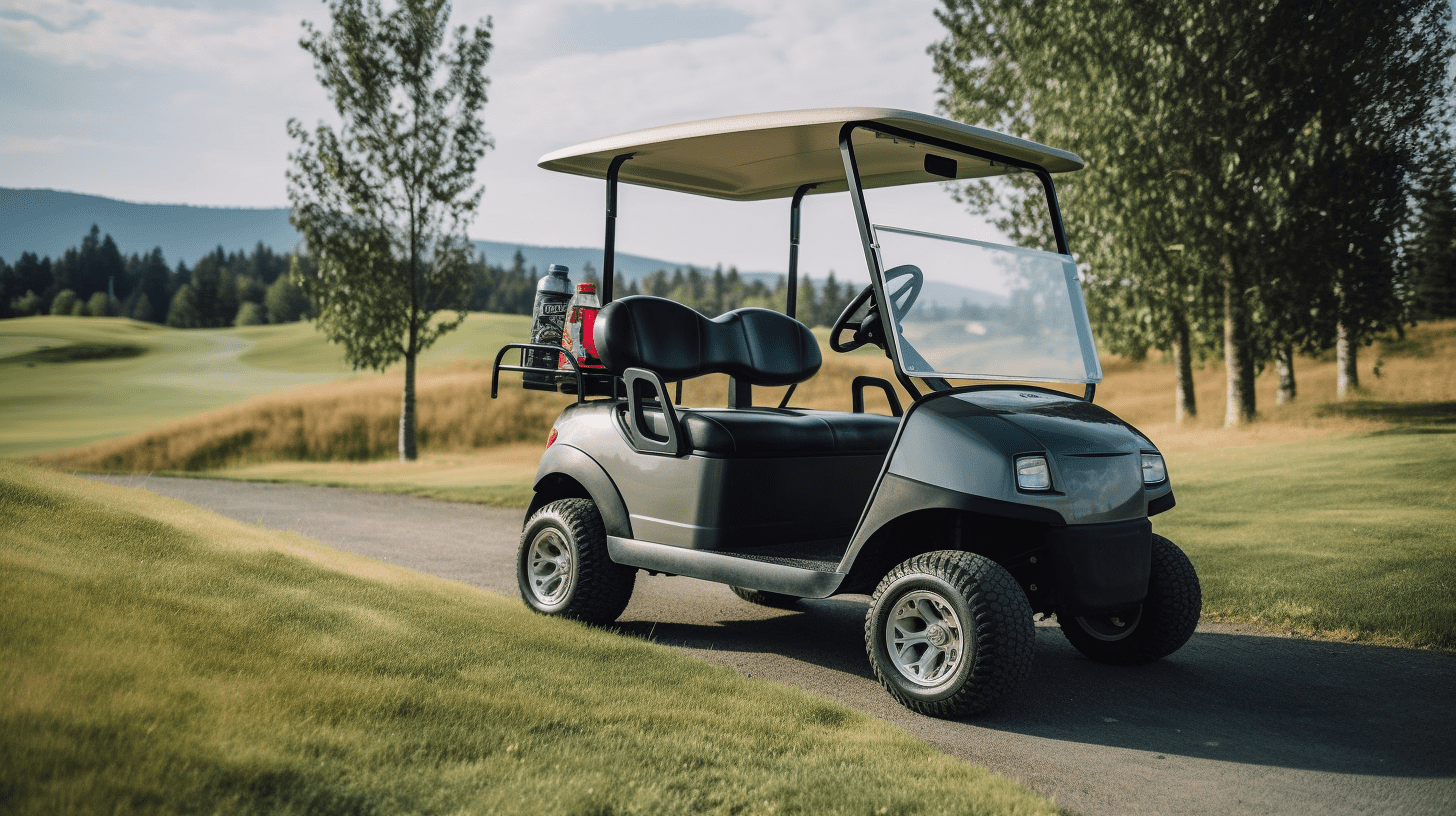What Are Pennsylvania Golf Cart and LSV Laws and How Do They Affect You?
In Pennsylvania, golf carts are mostly restricted from public roads, while Low-Speed Vehicles (LSVs) can operate legally on roads with speed limits of 25 mph or less if properly registered, insured, and equipped. Understanding the distinctions, local ordinances, safety requirements, and battery performance is essential for compliant and safe operation of these vehicles.
What Are the Official Definitions of Golf Carts and Low-Speed Vehicles (LSVs) in Pennsylvania?
Pennsylvania law defines golf carts as motor vehicles primarily intended for transporting people or equipment on golf courses, capable of speeds up to 20 mph. LSVs, also known as Neighborhood Electric Vehicles (NEVs), are four-wheeled electric vehicles with maximum speeds between 20 and 25 mph, designed to meet federal safety standards (49 CFR 571.500). Unlike golf carts, LSVs are street legal after registration.
How Do Registration and Licensing Requirements Apply to Golf Carts and LSVs?
Golf carts generally cannot be registered or titled for highway use and are restricted to private property or golf courses. LSVs must be registered with the Pennsylvania Department of Transportation (PennDOT), requiring proof of ownership, compliance with vehicle inspections, liability insurance, and a valid driver’s license to operate legally on public roads.
Where and When Can Golf Carts Be Legally Driven in Pennsylvania?
Traditional golf carts are limited to private property or golf course premises. Public road use is allowed for short distances up to one mile near golf courses during daylight hours. Highway crossings must occur at 90-degree angles at designated locations, with drivers stopping and yielding to traffic. LSVs can travel on roads with posted speed limits of 25 mph or less.
How Do Local Ordinances Impact Golf Cart Laws and Usage?
Some municipalities authorize golf carts on certain public roads through local ordinances, usually imposing permits, restricted hours, and safety requirements. These local regulations supplement, but do not override, state restrictions, allowing limited public road use in specific jurisdictions.
What Safety Rules and Driver Restrictions Govern Golf Cart and LSV Operation?
Golf cart operators must be at least 12 years old under adult supervision and at least 16 years old for independent highway crossings. Consumption of alcohol while operating these vehicles is prohibited. LSV drivers must hold a valid license, comply with all traffic regulations, and ensure safety equipment such as seat belts is properly used.
What Are the Penalties for Operating Golf Carts Illegally in Pennsylvania?
Operating golf carts illegally on public roads may result in traffic citations, fines, and liability for accidents. Violations can include driving unregistered vehicles, lacking insurance, failing to obey traffic laws, and driving under the influence. LSV operators face penalties similar to those for regular passenger vehicles if laws are violated.
How Do Golf Carts and LSVs Differ in Equipment and Legal Status?
LSVs must include full federal safety equipment such as seat belts, headlights, turn signals, mirrors, and windshields. Golf carts typically lack these features, limiting their street legality. LSVs require inspections and registration, whereas golf carts are usually restricted to private or specific property use.
How Does Battery Technology, Such as from Redway Battery, Influence Golf Cart Performance and Regulation?
High-quality lithium batteries from Redway Battery improve electric golf cart and LSV performance, including power output, runtime, and reliability. Reliable battery systems contribute to safe operation, compliance with speed and safety regulations, and environmental sustainability. Using advanced battery technology ensures that street-legal LSVs operate efficiently and meet regulatory standards.
Pennsylvania Golf Cart vs LSV Regulation Comparison
| Aspect | Golf Carts | Low-Speed Vehicles (LSVs) |
|---|---|---|
| Max Speed | Up to 20 mph | 20-25 mph |
| Registration | Not usually registered | Required by PennDOT |
| Safety Equipment | Minimal | Full federal compliance (seat belts, lights, mirrors) |
| Road Use | Limited, mostly private | Roads ≤ 25 mph speed limit |
| Driver License | Not always required | Required |
Are There Insurance Requirements for Golf Carts and LSVs in Pennsylvania?
LSVs require vehicle insurance equivalent to passenger cars under Pennsylvania law. Golf carts generally do not require insurance for private or exempt uses but may be covered under private property policies. Operators should verify coverage to avoid liability in case of accidents.
How Do Pennsylvania’s Golf Cart Laws Compare to Neighboring States?
Pennsylvania imposes stricter limits on golf cart street legality than states like Florida or Texas, emphasizing statewide uniformity. Neighboring states often allow broader local authority for public road use, while Pennsylvania restricts golf cart operation to specific exceptions and emphasizes compliance with safety regulations.
Redway Expert Views
“As a leading lithium battery manufacturer, Redway Battery emphasizes the vital role of battery technology in electric vehicle safety and street legality. High-performance batteries ensure consistent power, enabling compliance with speed and safety standards. In Pennsylvania, advanced battery solutions help bridge legal requirements and reliable, eco-friendly mobility, supporting both LSV and golf cart operation efficiently.” — Expert from Redway Battery
Conclusion
Navigating Pennsylvania’s golf cart and LSV laws requires attention to state restrictions, registration requirements, safety standards, and local ordinances. Golf carts are largely confined to private or golf course use, while LSVs offer street legality when fully equipped and registered. Advanced batteries, such as those from Redway Battery, enhance performance, safety, and regulatory compliance, promoting efficient and responsible vehicle operation.
FAQs
Can I drive a golf cart on public roads in Pennsylvania?
Limited use is allowed near golf courses for short distances during daylight. Most public roads prohibit golf carts.
Do I need to register my golf cart or LSV in Pennsylvania?
Golf carts typically do not require registration. LSVs must be registered, insured, and pass inspections.
What safety features must my LSV have?
LSVs must include seat belts, headlights, turn signals, mirrors, and windshields to meet federal safety standards.
Are local permits available for golf carts?
Some municipalities issue permits with specific conditions. Check local ordinances for details.
At what age can someone legally operate a golf cart in Pennsylvania?
Operators must be at least 12 with supervision or 16 for independent crossings of highways.




